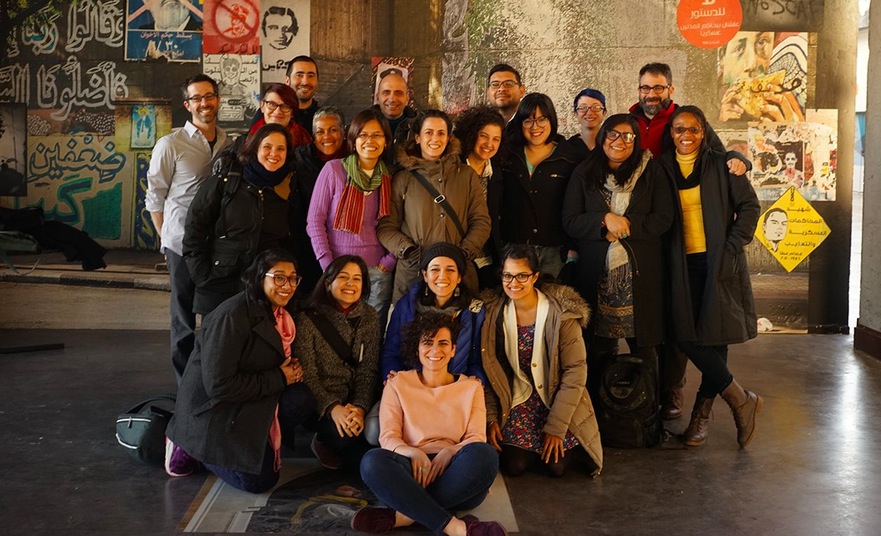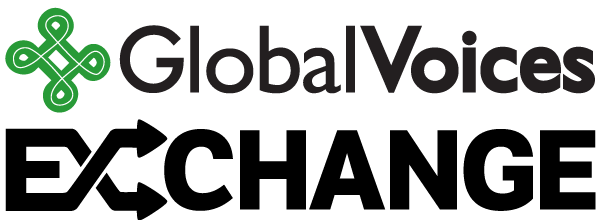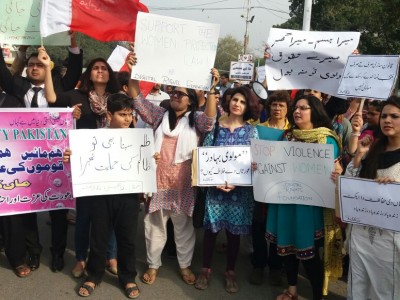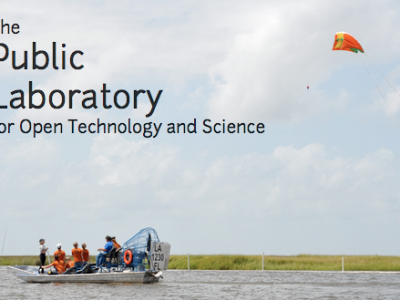
GVeX core team members in La Friche – Marseille
Spending a week in a room filled with people whose work I admire, creating something new and awesome – what's not to like? The days we spent in Marseille working on the GVeX project made me learn about many things, but one of the main learnings I gained there is about the importance of trust in online advocacy.
All of these people work in different places, and their networks and work teams all look differently. However, all of us need to build trust within our communities -whatever that might mean for each of us- in order to be able to accomplish our goals and do advocacy work that actually makes a difference in the real world. Our ability to gain trust within our team and with our larger community enables us to reach our objectives, maximizes our effectiveness, and help us maintain the continuity of our work.
While we were working and writing about different topics -trust being just one more of them-, I kept looking around to the room and learning from the trust already built within this community. Why do we trust each other to do this work together, and how can this relationships of trust be replicated elsewhere? The knowledge that we share common principles and values and the fact that we know each other more by our actions -our projects, our work back in our countries and within the GV community- are at the core of the almost instantaneous trust that we have in each other, but also, transparency, coherence, and engagement are what keeps us in a position to be able to consistently do collaborative work while keeping at bay miscommunication issues and other things that can trouble teamwork (things such as envy, over-controlling of the outcomes, or ego, are not even in the picture when you are working with people whose interests are attached to the core values of the work at hand).
As I kept going back and forth from our meeting to our short breaks where I looked for an internet connection and tried to keep up with my team back at home, I gained another insight: that trust is a two way street, and that it's not only important for our community to be able to trust us, but also, for us to trust the team to work with, to trust that they share our same values and that they will be able to push the work forward in our absence.
That ability, I think, comes from setting clear values and goals from the start, but also from an ability to let go of excessive control: online advocacy relies largely on the wisdom of the swarm, and trusting the process so becomes a very important part of learning how to guide it without smothering it. And this was another great lesson from our week at Marseille: guided by the example of Abir and Willow, who were able to help us get places without forcing us in a particular direction, I have gained a new insight on how to lead the people that work with me, and how to be led by them, to better places.









